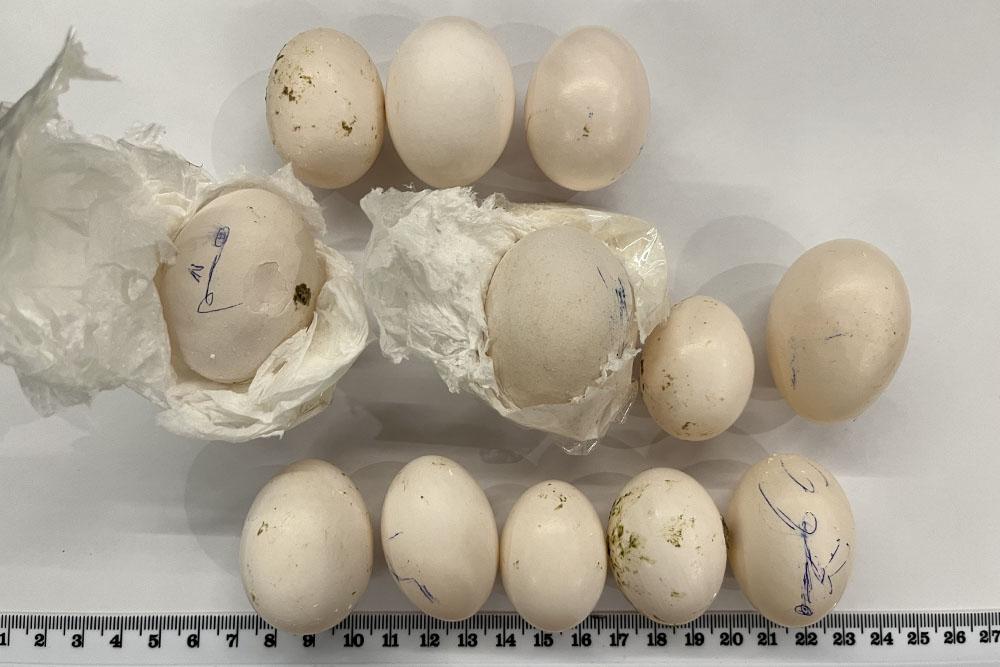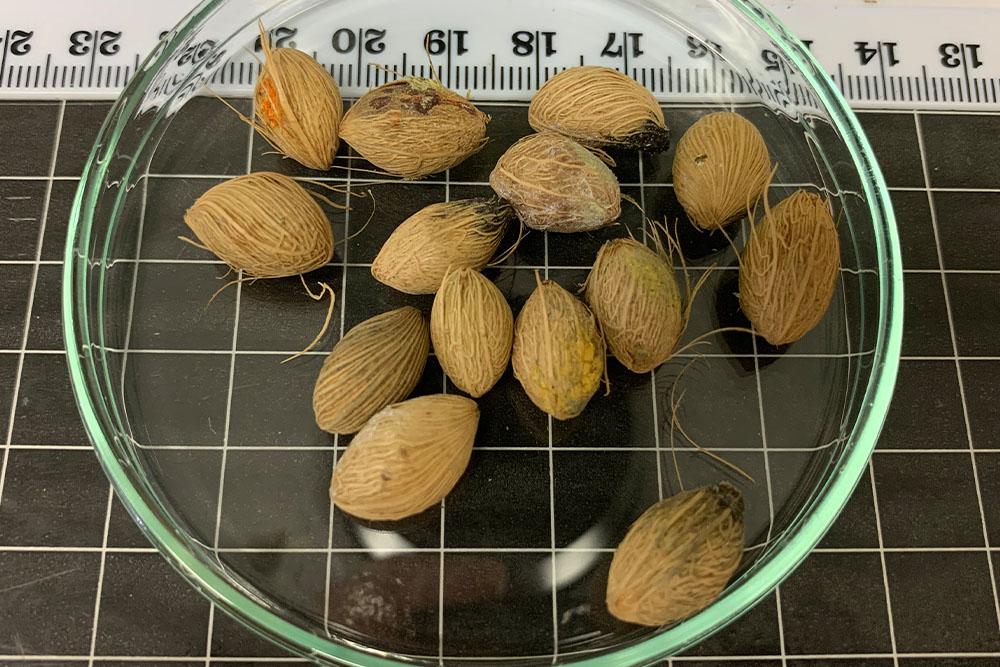You will have noticed a change in faces in the masthead portrait of this edition of the Three Chiefs Newsletter. Dr Bertie Hennecke was recently announced as the new Australian Chief Environmental Biosecurity Officer (ACEBO). Prior to his appointment as the ACEBO, Dr Hennecke held senior leadership roles in the Australian Bureau of Agricultural and Resource Economics and Sciences (ABARES) and in several of the department’s plant biosecurity areas leading and implementing plant health policies.
Dr Hennecke joined the department in 2010 and has a background in natural resource management, invasive species, and agricultural sciences with nearly 30 years of experience in the public service and academia in Australia. He holds a PhD in Botany and a Master of International Agriculture.
“My passion throughout my career has focussed on invasive species and their management and I am excited to take on this leadership role within the department. Environmental biosecurity is complex and involves a broad range of stakeholders. I will be working to strengthen engagement and collaboration amongst communities, environmental groups, researchers and governments to build Australia’s capacity to manage environmental biosecurity risks.”
Dr Hennecke takes on the role following the retirement of Dr Robyn Cleland in December 2022. Dr Cleland worked closely with environmental, community and state and territory stakeholders to highlight and progress a range of environmental biosecurity initiatives and was an active member of the Environment and Invasives Committee. Achievements under Dr Cleland’s tenure included:
- securing $20 million commitment for 30 on-ground pest and weed control projects that leveraged an additional $45 million of cash and in-kind support, by state and territory governments
- progressing the implementation of the National Environment and Community Biosecurity Research, Development and Extension Strategy 2021-2026 (https://www.agriculture.gov.au/biosecurity-trade/policy/partnerships/nb…)
- commissioning a range of work to build environmental biosecurity capability, including the 2022-2032 National Roadmap for Wildlife Health Research, Development and Extension and the development of the National Established Weeds Priority Framework to guide future collaborative management of weeds in Australia
- working with the Threatened Species Commissioner to include environmental biosecurity considerations as part of the development of the Threatened Species Action Plan 2022-2032.
We wish Dr Cleland well in her retirement.




